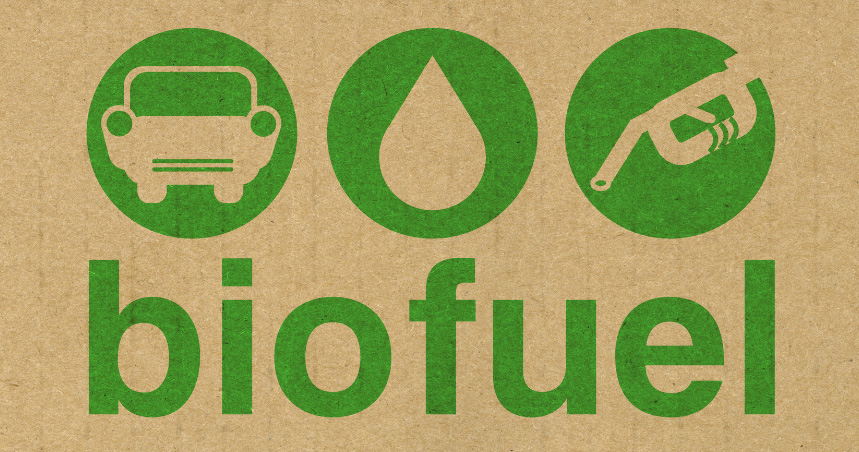Biofuel inspections.
Ensuring Compliance and Sustainability with Biofuel Inspections.
Biofuel inspections
Biofuel inspections are regulatory procedures conducted to ensure the compliance, quality, and sustainability of biofuels. Biofuels are derived from renewable biological sources such as plants, vegetable oils, animal fats, and algae, and they are used as a substitute for conventional fossil fuels in transportation, heating, and power generation.
The purpose of biofuel inspections is to verify that the production, transportation, and storage of biofuels meet the necessary standards and regulations set by relevant authorities. These inspections help to ensure that biofuels are produced in an environmentally responsible manner, promote energy security, and reduce greenhouse gas emissions.
During biofuel inspections, various aspects are examined to assess compliance. Here are some key areas that are typically inspected:
Feedstock Verification: Inspectors verify the origin and type of feedstock used in biofuel production. This involves checking records, documentation, and physical samples to ensure that the feedstock meets the required sustainability criteria and does not involve the use of prohibited or protected materials.
Production Process: Inspections focus on the biofuel production process, including the facilities, equipment, and procedures employed. The objective is to ensure that the production methods are safe, efficient, and environmentally sound. Inspectors may examine factors such as waste management practices, water usage, and emissions control measures.
Quality Assurance: Biofuel inspections assess the quality of the final product. This involves testing samples to determine if the biofuel meets specific standards for properties such as energy content, viscosity, moisture content, and impurities. The inspections may include laboratory analyses, sample collection, and documentation review.
Labeling and Documentation: Inspectors review labeling and documentation related to biofuel production, distribution, and sales. They verify that the biofuels are properly labeled, accurately represented, and accompanied by the necessary documentation, such as certificates of origin, sustainability certificates, and blending ratios.
Storage and Transport: Inspections cover the storage and transportation of biofuels to ensure compliance with safety regulations and prevent contamination or adulteration. This may involve checking storage tanks, pipelines, transport vehicles, and handling procedures to ensure proper storage conditions and prevent cross-contamination.
Biofuel inspections are typically carried out by regulatory bodies or authorized third-party organizations. The frequency and intensity of inspections may vary depending on local regulations, industry standards, and the scale of biofuel production or distribution operations.

Use our global database of professionals.
At Inspexion.com, we provide a variety of inspection quotes for Bio Fuel inspections. We pride ourselves on being the quickest and most cost-effective way for you to get the right audits done. Simply sign up and post a request for services and our network of qualified inspectors will bid for your project. Select the quote that suits your budget and timeframe and an experienced inspector will do a Bio Fuel Inspection and send you a report in your chosen time frame - it's never been easier to book an inspection.
Why Choose Us
Global Network of Professionals
Vetted and registered professional's in a worldwide network.

Define your own
Timeline
Define the timeframe for inspections, assign deadlines for the report submissions!

Manage from one Dashboard
Appoint multiple inspectors in multiple countries to inspect multiple specifications, and manage them all from one dashboard!





